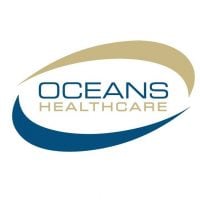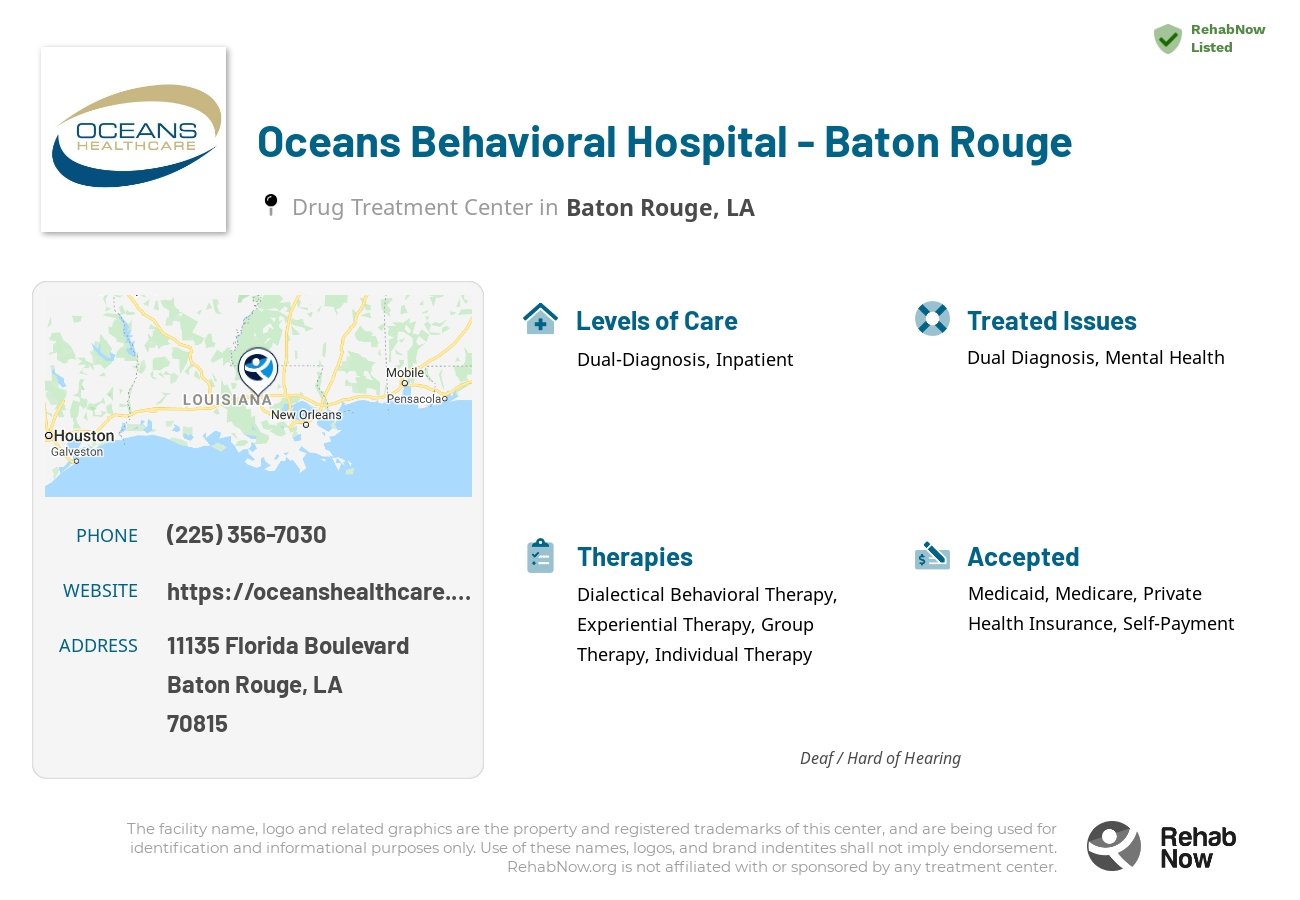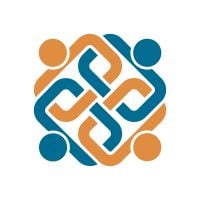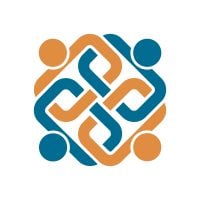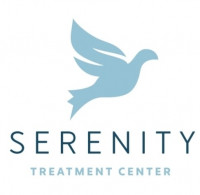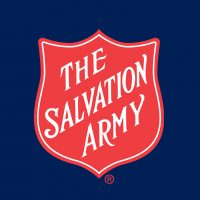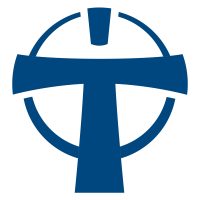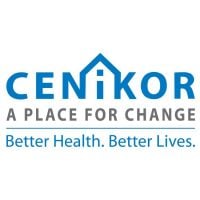Oceans Behavioral Hospital - Baton Rouge
Drug Rehab Center in Baton Rouge, Louisiana
Oceans Behavioral Hospital in Baton Rouge offers compassionate and individualized care for individuals struggling with mental health issues and addiction, including dual-diagnosis care, inpatient, outpatient, and aftercare support, and evidence-based treatment approaches, with a focus on building life skills for full recovery.
About Oceans Behavioral Hospital - Baton Rouge in Louisiana
Oceans Behavioral Hospital in Baton Rouge, Louisiana, specializes in treating dual diagnosis and mental health issues. As a nationally recognized provider, they are passionate about helping adults and seniors attain the best quality of life possible.
- Offers comprehensive dual-diagnosis care for co-occurring mental health and substance abuse disorders
- Provides individualized treatment plans tailored to each patient's unique needs
- Utilizes evidence-based therapies like CBT, experiential therapy, and family counseling
Oceans is accredited by the Joint Commission, ensuring adherence to the highest standards of care. Their dedicated staff creates personalized treatment programs drawing from inpatient, outpatient, and aftercare services.
The hospital treats a range of mental health conditions including depression, anxiety, schizophrenia, and behavioral issues related to medication management or substance abuse. Treatment methods encompass individual, group, and couples/family therapy, as well as holistic approaches like yoga and fitness.
Genders
Ages
Modality
Additional
Accreditations

JCAHO
Conditions and Issues Treated
A combination of treatments is often needed to treat drug abuse. Some addictions can be treated with counseling and support groups. In other cases, drug abuse can lead to a medical problem and require medical treatment. Treatment for drug addiction typically combines counseling and psychotherapy with medication and behavioral therapies.
A combination of treatments is often needed to treat drug abuse issues effectively. In the case of drug abuse, there is no easy answer or one-size-fits-all cure.
Opioid addiction has become a significant health problem in the United States. In 2015, there were 91 opioid overdose-related deaths per day, with a substantial increase in mortality rate in 2014.
When opioid addiction has reached a point where a person’s life becomes unmanageable, treatment options are available to help them get sober. Treatment that includes medical care with medications and counseling can help a user transition into sobriety.
When someone in struggles with both addiction and mental or emotional illness, this is considered a dual diagnosis. Dual diagnosis treatment can include therapy for these issues to happen simultaneously, which will allow either of them to be treated effectively.
Sometimes people who have suffered from addiction disorder also suffer from co-occurring disorders such as depression, anxiety, bipolar disorder, etc., making them “dual diagnoses.” Dual diagnoses require specialized treatment programs where drug and alcohol addiction are addressed along with psychiatric illnesses. Some rehabilitation facilities provide patients suffering from cooccurrences a program with highly integrated services and a clean environment with few distractions to help them succeed.
Levels of Care Offered
This center offers a variety of custom treatment tailored to individual recovery. Currently available are Aftercare Support, Dual-Diagnosis, Inpatient, Outpatient, with additional therapies available as listed below.
Inpatient treatment for alcoholism or drug addiction is an option that provides the addict with a supportive environment in which they can stop using. After detox, an inpatient treatment center provides a structured environment for the addict to recover from their addiction and begin taking steps toward a lifetime of sobriety.
This type of treatment is appropriate for addicts that are most in need of intensive care and supervision. This includes those who were unable to quit on their own, those who need more structure than they can get in outpatient treatment, and those whose addiction has led them into legal trouble or severe health problems.
Outpatient treatment is often used for drug addicts in drug rehab. Outpatient treatment consists of counseling and therapy sessions. This form of treatment is also called ‘day-treatment’. The outpatient treatment process begins with the addict’s initial detox period, lasting about ten days.
Outpatient treatment is used for those who are at moderate risk for ‘slipping back’ into the addiction, for those who:
- Are not currently experiencing any side effects from withdrawal and can handle social pressure
- Can handle stressors that might trigger relapse
- Have a stable living environment or have moved out of their previous environment, which was not conducive to being sober
- Have a support system that allows them to go to a facility a few times a week while still keeping their current responsibilities
- Have no legal obligations, being either on parole or probation, that require them to seek treatment at a mandatory facility
- Are not currently experiencing any side effects from withdrawal and can handle social pressure
- Have a stable living environment or have moved out of their previous environment, which was not conducive to being sober
Completing a drug or alcohol rehab program is only the first step. Then comes aftercare support. These services include sober living accommodations, career counseling, and AA/NA programs for those struggling with sobriety or who want help maintaining it after initial rehab at an addiction facility.
They can last up to a year or more depending on what’s needed most urgently after the earlier stages are completed.
Therapies & Programs
Because no single treatment is effective for all addicts, the goal of treatment and therapy should be to figure out what works best for each individual. Tolerance and withdrawal levels differ from person to person, affecting the treatment intensity required. Addiction treatment should aim to help addicts develop healthy coping mechanisms for dealing with their addiction and its underlying causes.
Couples therapy works with clients and significant others in a professional capacity to improve relationship dynamics. This can be helpful for addicts who are trying to marry the idea of recovery into their work, family, social lives – any aspect that has to do with relationships. Through counseling sessions, addicts will have an opportunity to talk about their addiction with professional partners.
Family therapy is beneficial for people who are in addiction treatment services because it offers addicts the opportunity to work with their family members to better understand what led them to make choices that contributed to their addiction.
This type of therapy helps family members reach a deeper understanding of how they can best support their loved one during recovery. It also helps the addict better understand their own motivations and triggers that led them to turn to substance abuse.
Family therapy can help addicts in the following ways:
- Assists family members in processing difficult feelings so they don’t blame or resent recovering addicts
- Assists family members in understanding how addiction has impacted the addict and everyone who is involved with them
- Allows the addict to take responsibility for their actions, while encouraging improved communication skills
- Helps family members understand how to best support an individual in recovery so addicts don’t relapse again.
Group therapy can help build a stronger support system and give addicts in Baton Rouge, LA insight into their addiction that they gain through shared conversations. Group therapy occurs in a controlled group environment, exclusive of one on one meetings. This makes it safer for patients to feel comfortable sharing the struggles they’re going through and gaining perspective.
Trauma therapy is beneficial for people who are recovering from drug addiction because it helps them heal from past traumas that may have caused them to turn to harmful substances or led them to experience negative emotions that contributed to their destructive behaviors.
This type of treatment works by processing difficult experiences so individuals can learn how to process these events without having to turn to substances for coping.
Trauma therapy can help addicts in the following ways:
- Helps individuals understand their experiences and emotional responses to difficult events, including why they turned to drugs or alcohol
- Provides them with comfort and support while working through difficult emotions related to these traumatic experiences
- Offers an opportunity for addicts to have a voice and be heard, which can improve their self-esteem
- Can help them develop coping skills so they can better respond to triggers instead of turning to substance abuse.
Cognitive-behavioral therapy is a technique that is used to help people with addiction. Specifically, it is a way of identifying thoughts and behaviors that cause the addiction. It is typically used in an individual counseling session.
The content explains cognitive behavioral therapy and how it works to address some behaviors that may be leading to unintended consequences in their life, as well as its benefits for those seeking sobriety.
It works by helping people to talk through their issues and addressing the thoughts that cause said behaviors. It is an excellent way of learning about oneself and one’s perception of the world.
Life Skills Services assist addicts in their recovery by teaching them healthy coping mechanisms that will aid them in becoming sober, focussing on helping people enter into, and maintaining long-term sobriety. Drug Treatment Centers provide Life Skills Services at varying levels of intensity, specific to the needs and requirements of each patient.
The benefits of Life Skills Services offered at Oceans Behavioral Hospital - Baton Rouge:
- Restores hope and empowerment — Helps addicts believe that recovery is possible and instills a new confidence in their ability to achieve a positive, drug-free future
- Enhances family involvement — Encourages families to get involved in the recovery process and supports their understanding and encouragement of healthy behavior.
- Increases patient’s compliance — Helps patients take responsibility for and ownership of their recovery and encourages continued progress
- Reduces relapse rates — Encourages long-term abstinence and emphasizes the importance of establishing sober support systems.
Patient Experience
Fitness Therapy
Fitness therapy allows people to heal while rebuilding their bodies. If they combine it with nutritional therapy, they will feel better and make better choices right from the start of rehab. These activities provide a solid connection between your mind and body, teaching you to create healthy life habits without any addiction.
There are two types of fitness therapy: psychotherapy plus exercise or just exercise plus nutrition education. It is commonly used in Oceans Behavioral Hospital - Baton Rouge.
Payment Options Accepted
For specific insurance or payment methods please contact us.
Is your insurance accepted?
Ask an expert, call (888) 674-0062
Ocean Behavioral Hospital Associated Centers
Discover treatment facilities under the same provider.
- Oceans Behavioral Hospital in Kenner, LA
- Oceans Behavioral Hospital - Gretna in Gretna, LA
- Ocean Behavioral Hospital - Alexandria in Alexandria, LA
- Ocean Behavioral Hospital in Deridder, LA
Learn More About Ocean Behavioral Hospital Centers
Additional Details
Specifics, location, and helpful extra information.
Baton Rouge, Louisiana 70815 Phone Number(225) 356-7030 Meta DetailsUpdated April 15, 2024
Staff Verified
Oceans Behavioral Hospital - Baton Rouge Patient Reviews
There are no reviews yet. Be the first one to write one.
Baton Rouge, Louisiana Addiction Information
Louisiana is one of the top ten states in the nation for opioid-related deaths. One in ten high school students admits to regularly using prescription opioids for non-medical purposes. More than 225,000 Louisiana residents admit to regular heavy drinking and around 6% of the Louisiana population abuses alcohol. Marijuana use in Louisiana is most common amongst teenagers between the ages of 12 and 17 years old.
Opioid overdoses are on the rise in Baton Rouge and throughout Louisiana. In 2019, opioid fatalities in Louisiana rose by 25%. In 2018, there were 1,140 drug overdose deaths in Louisiana; 40% involved opioids. Methamphetamine is involved in 20% of drug relapse treatment admissions in Baton Rouge, Louisiana. There are several drug treatment programs available through Baton Rouge including medication-assisted therapy and detoxification
Treatment in Nearby Cities
- Tallulah, LA (135.1 mi.)
- Mamou, LA (81.8 mi.)
- Gonzales, LA (17.4 mi.)
- Raceland, LA (57.7 mi.)
- Kinder, LA (106.7 mi.)
Centers near Oceans Behavioral Hospital - Baton Rouge
The facility name, logo and brand are the property and registered trademarks of Oceans Behavioral Hospital - Baton Rouge, and are being used for identification and informational purposes only. Use of these names, logos and brands shall not imply endorsement. RehabNow.org is not affiliated with or sponsored by Oceans Behavioral Hospital - Baton Rouge.
